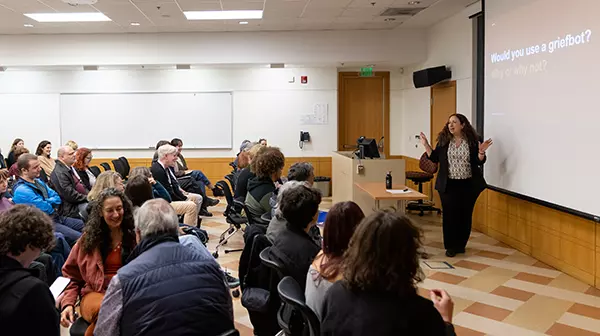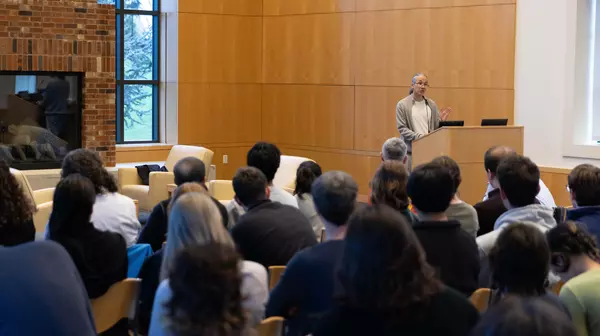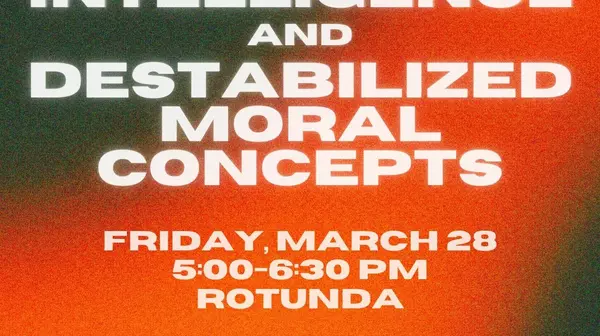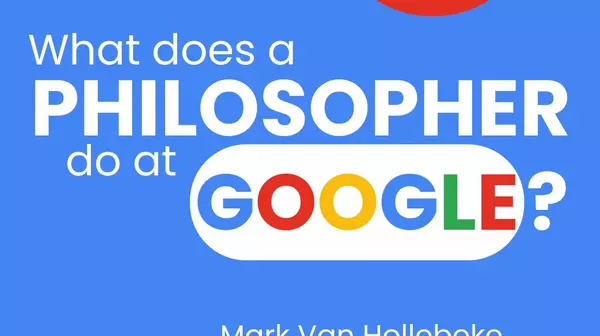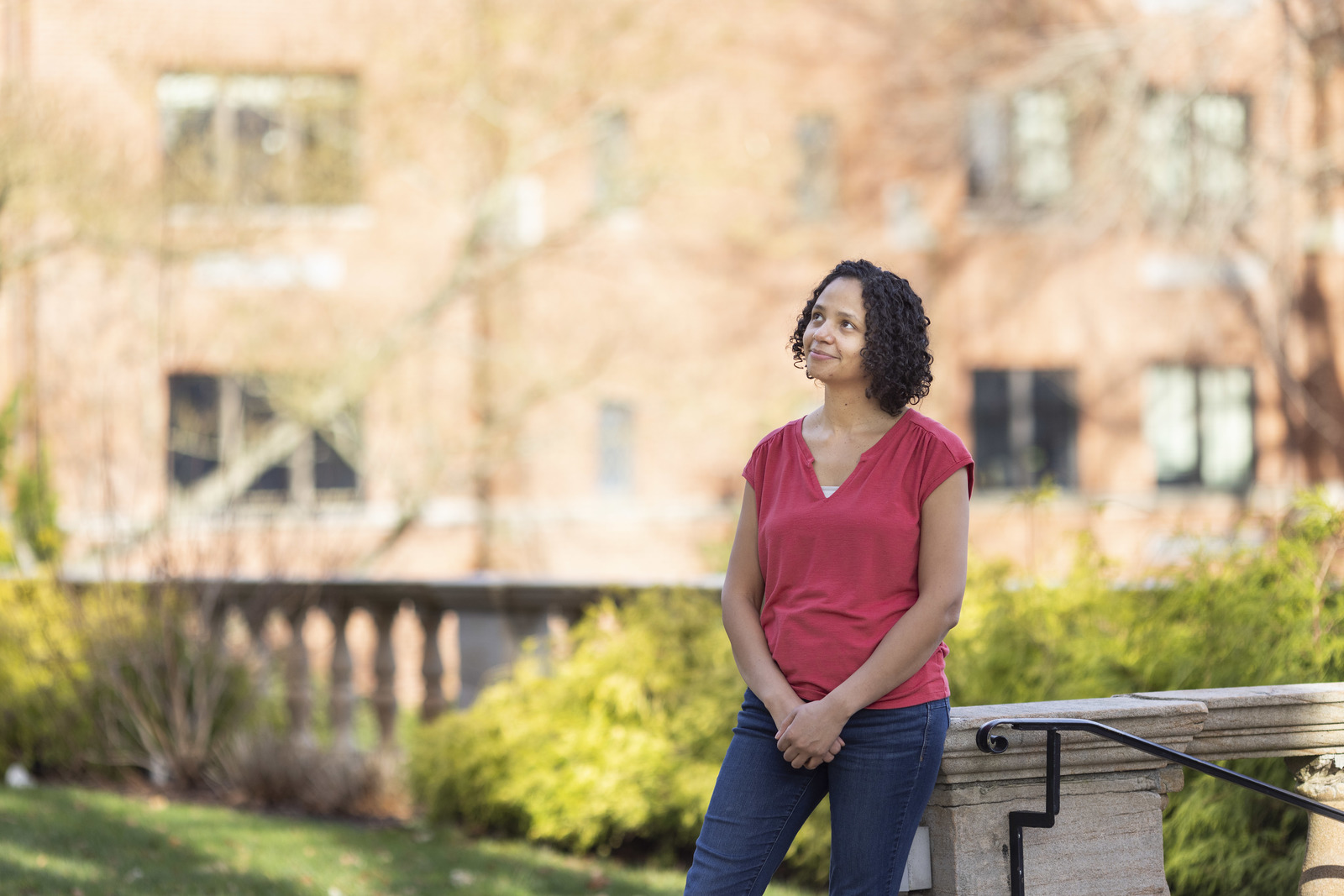Welcome to the University of Puget Sound's Artificial Intelligence initiatives page, a space for interdisciplinary exploration and innovation.
At Puget Sound, we believe that a deep understanding of AI requires a strong foundation in the liberal arts, and our work reflects this commitment. Led by a team of passionate faculty with expertise spanning multiple disciplines, we are dedicated to examining the complex ethical and societal implications of artificial intelligence.
Puget Sound’s unique strengths—a rich liberal arts tradition, a respected business leadership program, and robust humanities programs—create a fertile ground for the exploration of AI and human values. As our students and faculty grapple with AI's role in our lives, we are committed to providing the resources needed for them to thrive in this emerging field. Join us as we explore AI, grounded in human values and driven by intellectual curiosity.


